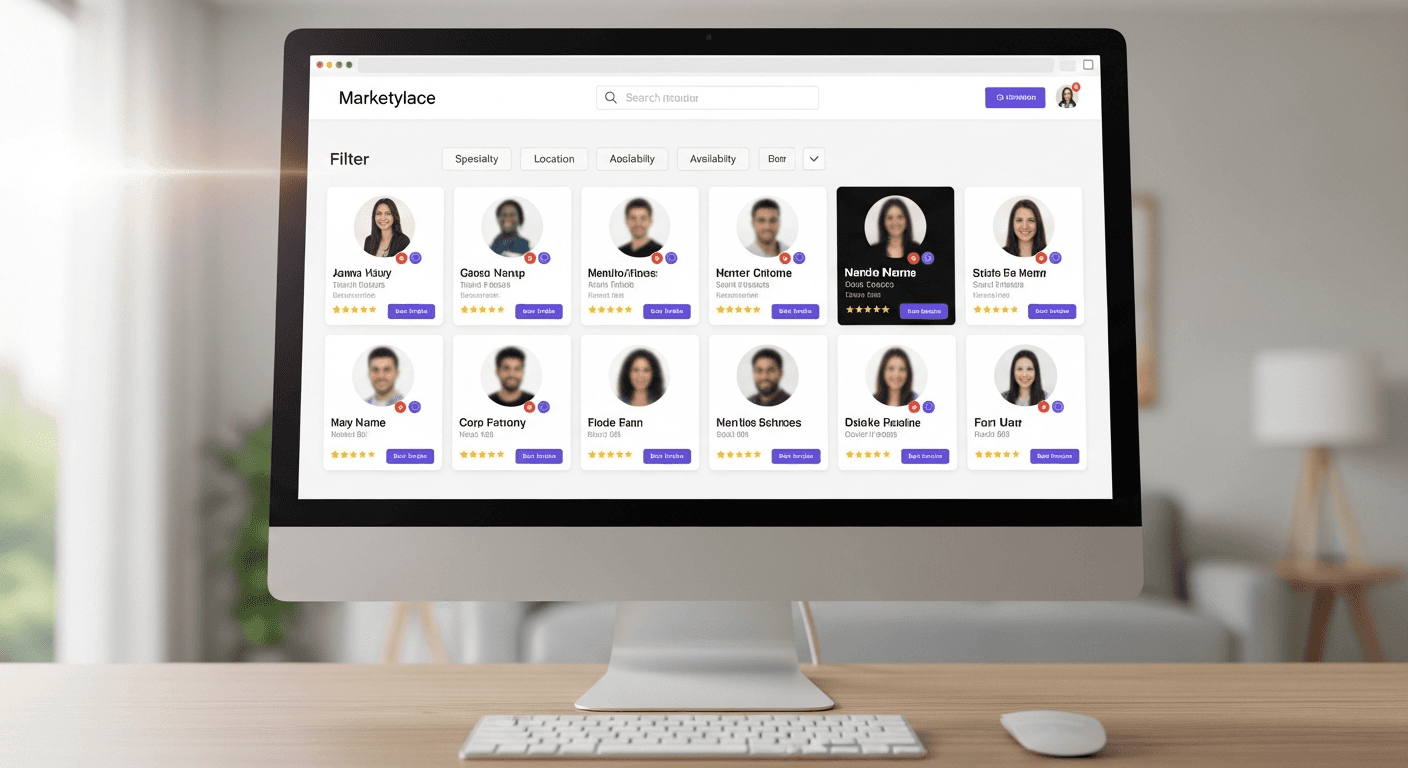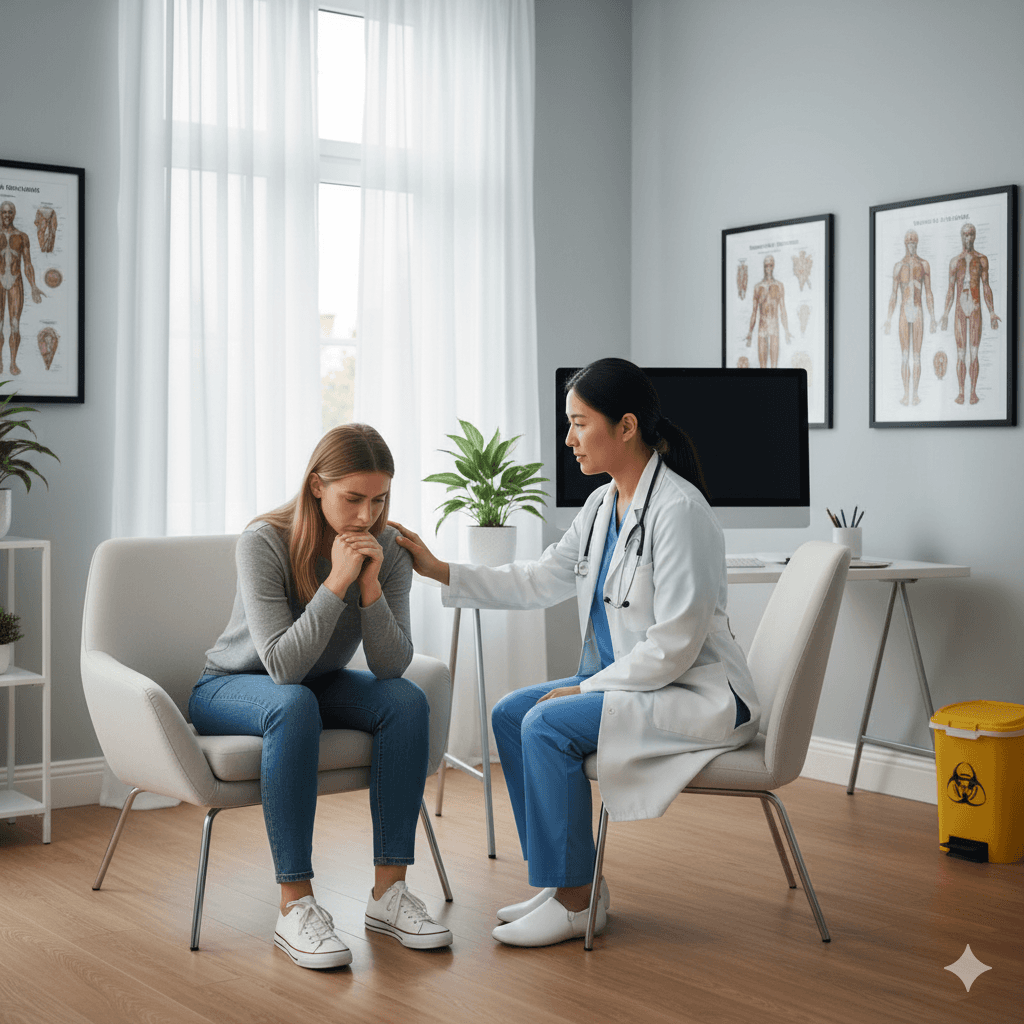Managing Anxiety with Zoloft: What to Know Before You Start
Managing Anxiety with Zoloft: What to Know Before You Start

Functioning with anxiety can feel overwhelming, like a constant weight that makes even small tasks feel heavy. If you're exploring treatment options, you may have heard of Zoloft. It’s a widely used and trusted medication that has helped many people find relief and regain a sense of balance.
Zoloft, also known by its generic name sertraline, is a prescription medication approved by the FDA. It's one of the most common treatments for anxiety and depression, prescribed to help manage symptoms and improve overall well-being. If you're considering Zoloft, this guide will provide clear, supportive information to help you understand what it is, how it works, and what you can expect on your journey to feeling better.
What Is Zoloft?
Zoloft belongs to a class of medications called selective serotonin reuptake inhibitors, or SSRIs. These medications are a first-line treatment for many anxiety and mood disorders because they are generally effective and have a manageable side effect profile for most people.
The primary function of an SSRI is to increase the levels of serotonin in your brain. Serotonin is a natural chemical, a neurotransmitter, that plays a vital role in regulating your mood, sleep, and feelings of well-being. By helping to restore the balance of this important chemical, Zoloft can reduce feelings of anxiety and lift your mood, allowing you to feel more like yourself again.
How Zoloft Helps Manage Anxiety
To understand how Zoloft works, it helps to know a little about serotonin's role in the brain. Think of serotonin as a messenger that carries signals between nerve cells. After delivering its message, it's typically reabsorbed by the nerve cells in a process called "reuptake."
In people experiencing anxiety or depression, the levels of available serotonin might be lower than what’s needed to maintain a stable mood. This is where Zoloft steps in. It works by selectively blocking the reuptake of serotonin into neurons. This action leaves more serotonin available in the synaptic space—the gap between nerve cells—which helps to strengthen communication between them.
By increasing the amount of active serotonin in your brain, Zoloft can help improve your emotional balance, reduce persistent feelings of worry, and ease the physical symptoms of anxiety. It doesn't create serotonin, but rather helps your brain use what it already has more effectively.

Conditions Treated by Zoloft
Zoloft is a versatile medication that is FDA-approved to treat several conditions. Your healthcare provider might prescribe it for:
Major Depressive Disorder (MDD): To alleviate persistent sadness, loss of interest, and other symptoms of depression.
Social Anxiety Disorder (SAD): To reduce intense fear of social situations and public scrutiny.
Panic Disorder: To help control and reduce the frequency of unexpected panic attacks.
Obsessive-Compulsive Disorder (OCD): To manage unwanted, recurring thoughts (obsessions) and behaviors (compulsions).
Post-Traumatic Stress Disorder (PTSD): To help ease symptoms following a traumatic event.
Premenstrual Dysphoric Disorder (PMDD): To treat severe mood symptoms that occur before menstruation.
Off-Label Uses
Sometimes, a healthcare provider may prescribe Zoloft for "off-label" uses, meaning for conditions other than those it was officially approved for. This is a common and legal practice when a provider believes a medication can be beneficial based on their clinical experience and scientific evidence. Off-label uses for Zoloft can include:
Binge eating disorder
Hot flashes related to menopause
Premature ejaculation
If you are prescribed Zoloft, your provider will explain why they believe it's the right choice for your specific needs.
Side Effects and Important Considerations
Starting any new medication can come with questions about side effects. Like all SSRIs, Zoloft can cause side effects, though many people experience mild ones or none at all. It’s helpful to know what to look for so you can discuss any concerns with your healthcare provider.
Common side effects may include:
Nausea or upset stomach
Diarrhea
Drowsiness or fatigue
Dizziness
Insomnia or difficulty sleeping
Changes in sexual function or desire
Dry mouth
Increased sweating
For many people, these side effects are temporary and tend to lessen as their body adjusts to the medication over a few weeks. It's important to have an open conversation with your healthcare provider about any side effects you experience. They can offer strategies to manage them or adjust your treatment if needed. Never stop taking Zoloft suddenly, as this can cause withdrawal symptoms. Your provider will guide you on how to taper off safely if you need to stop.
How Long Does Zoloft Take to Work?
Patience is key when starting Zoloft. While some people may begin to notice small improvements in their sleep or energy levels within the first one to two weeks, it typically takes longer to feel the full benefits.
Most people experience the most significant effects on their mood and anxiety levels after four to six weeks of consistent daily use. This is because it takes time for the medication to build up in your system and for your brain to adjust to the changes in serotonin levels.
Staying in close contact with your healthcare provider during this initial period is important. They will monitor your progress and can make adjustments to your dosage to ensure you get the most effective treatment with the fewest side effects.
Finding the Right Path for You
Managing anxiety is a personal journey, and finding the right treatment is a significant step toward feeling better. Zoloft is a well-established and effective medication that has helped millions of people reduce their anxiety symptoms and improve their quality of life. By helping to rebalance serotonin levels in the brain, it can provide the stability needed to navigate daily challenges with greater ease.
Remember, deciding to start medication is a choice best made in partnership with a healthcare provider. If you're struggling with anxiety, know that you are not alone and support is available. A compassionate professional can help you understand if Zoloft is the right option for you and guide you through every step of your treatment.
We're honored to support thousands on their journeys. Here's what some have shared:


























































































































